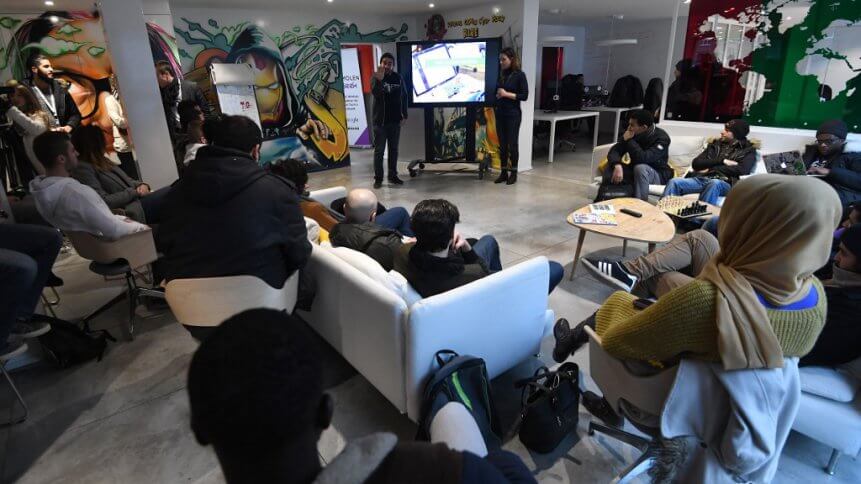
The digital economy continues to shift and evolve revolve rapidly, but the one constant seems to be that the continuous demand for specialized digital skills means that organizations need to switch up their recruitment and talent development strategies to stay relevant when it comes to making Human Resource (HR) decisions.
After all, the express rate of digitalization that companies are experiencing now is creating a sizable digital skills gap, one that is just growing more pronounced – the UK, for instance, is estimated to lose out on US$68 billion in GDP per year because of it.
When there is a lack of ready hires with adequate digital skills, employers are forced to compete over a dwindling talent resource pool that are ‘digital natives’ – inevitably, they have to turn to a younger base of recruits, that might come equipped with at least some of the basic digital skills to begin with.
In fact, a report from three skills associations found that a near-comprehensive 92% of organizations state that having basic digital skills such as Microsoft Word/Excel proficiency and digital communication skills is important for their employees, with four in five job vacancies requiring them outright – but 23% of organizations still face significant trouble to recruit for these abilities.
Equipping the right digital skills
Once considered a ‘nice to have’, digital skills are now up there with technical expertise and experience as major influences in the modern job market. But analysts warn that in the rush to secure your very own digital natives, employers need to ensure they are not overlooking soft skills that are harder to quantify, like communications, problem-solving, critical thinking, teamwork, and professional ethics.
And the motivating thinking behind this is that while technically-skilled jobs are more vulnerable to technological replacements like workplace automation, soft skills are – at this stage, at least – still difficult to replace with technology. This trend is projected in a Deloitte paper that forecasts that occupations heavy on soft skills will account for two-thirds of all jobs by 2030, compared to just half that amount in 2000.
While some technologies like artificial intelligence have shown a little promise in soft skill fields, more often than not, human involvement is still required to have things ticking along smoothly. The bottomline is that, at this stage at least, employers still need a well-rounded workforce – comprising of both experience and youth, digital specialists and individuals with soft skills.
But advanced digital skills like computer-aided design or coding are also more important than ever before, with the Learning and Work Institute reporting that 27% of employers require the vast majority of their staff to possess these abilities, while another 60% say they expect their reliance on advanced digital capabilities to shoot up significantly in the five years – but 37% of organizations say their teams still lack these skills.
YOU MIGHT LIKE

How CISOs can cut through corporate politics
Hiring for such precise skills might prove challenging, so Gartner recommends sourcing for job candidates with “adjacent skills” to the ones they need, instead of narrowing down to the hard-to-find specialization alone.
In a news release about Gartner’s findings, director in the Gartner HR practice, Alison Smith, said, “Companies can look at current employees who have skills closely matched to those in demand and utilize training to close any gaps.”
The organization can then support the employee with any reskilling or upskilling training that might be needed. “HR leaders don’t necessarily have to look in the IT function to fill a critical role in IT,” Gartner points out, “but instead, they can look at skills throughout the organization to identify opportunities to fill those skills gaps.”








